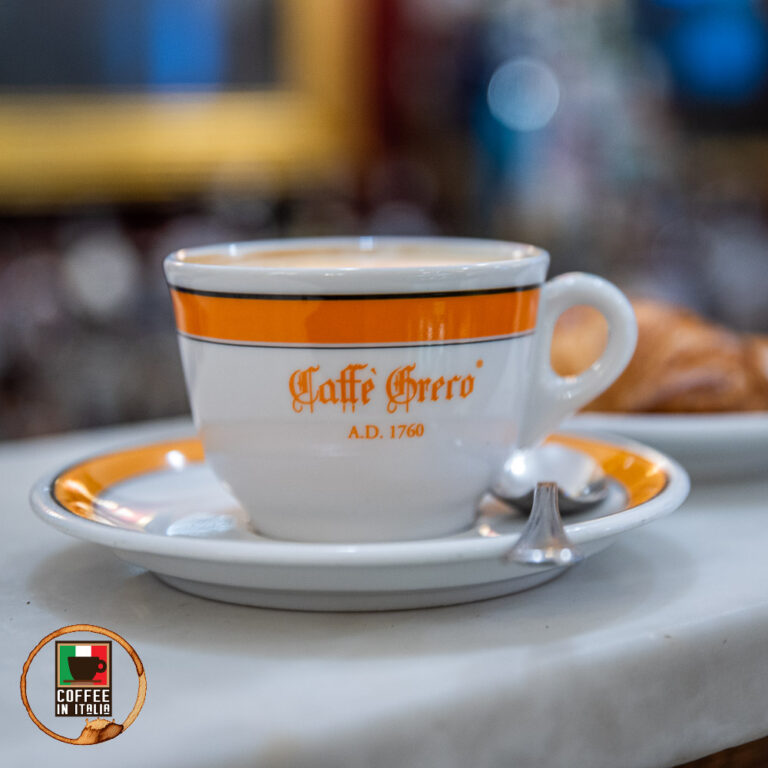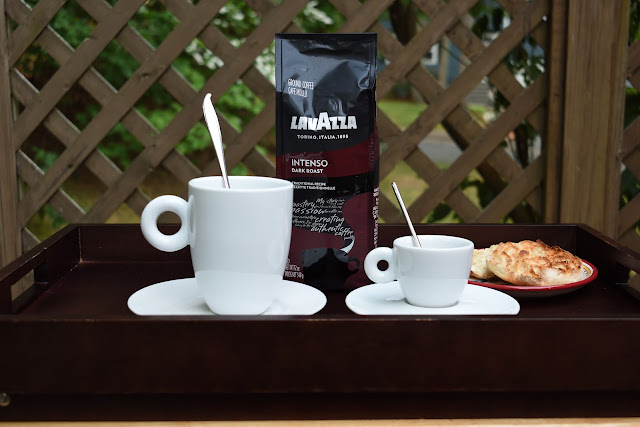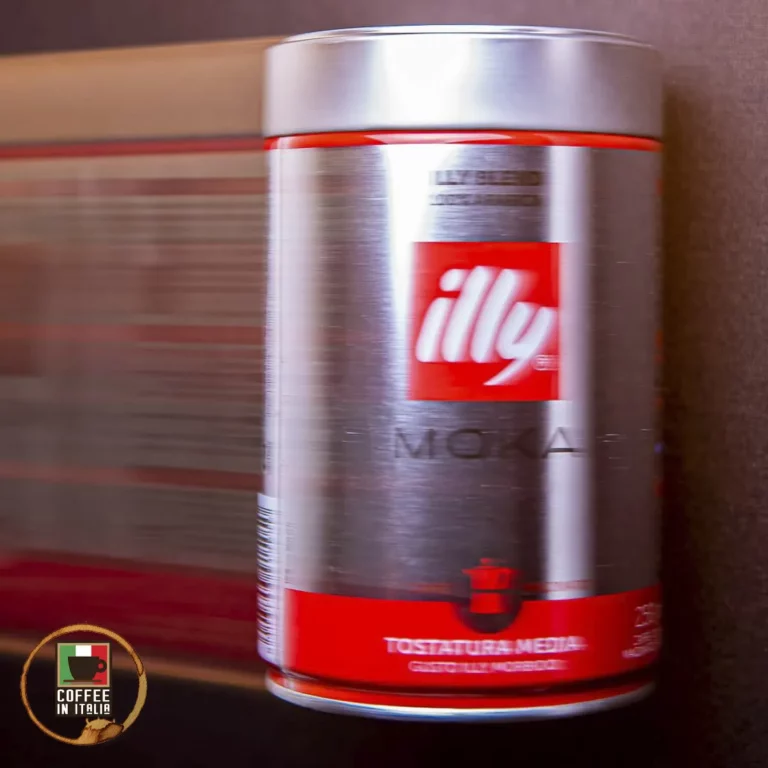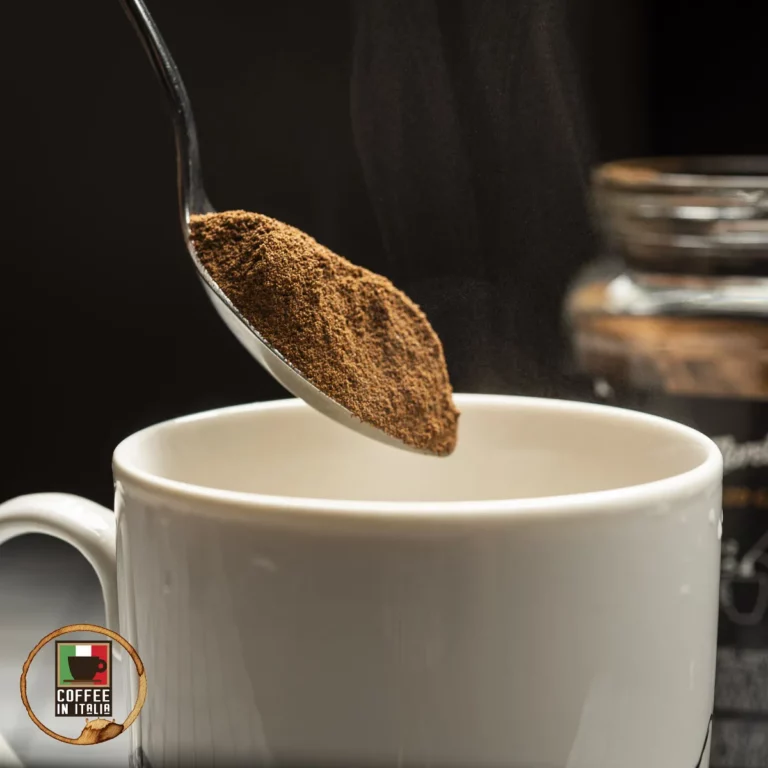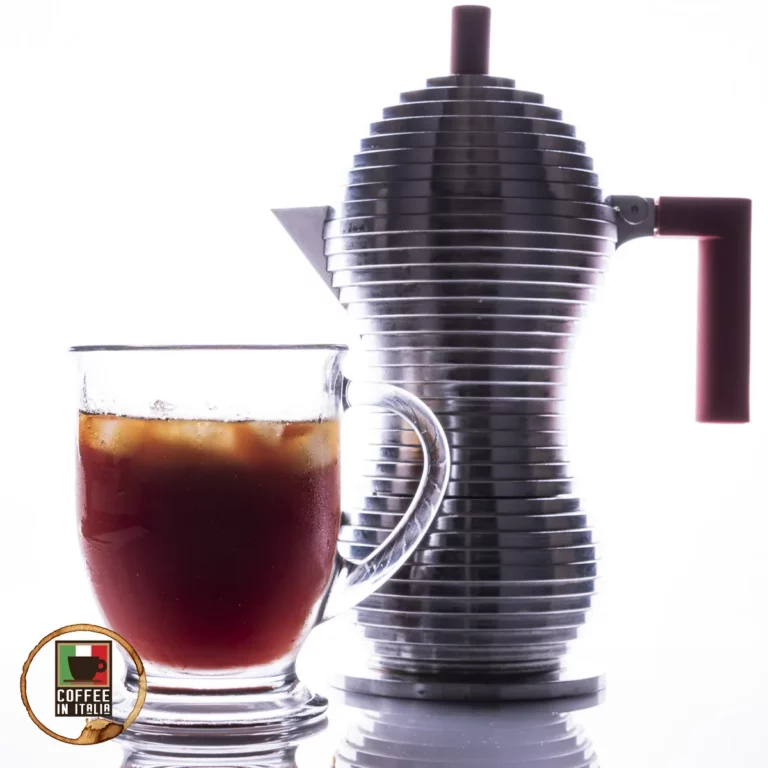The Best Italian Coffee Beans Result In The Best Roast
When the top Italian coffee roasters are sourcing the best coffee beans, here is a guide to the types and origins of the finest coffee beans in the world.
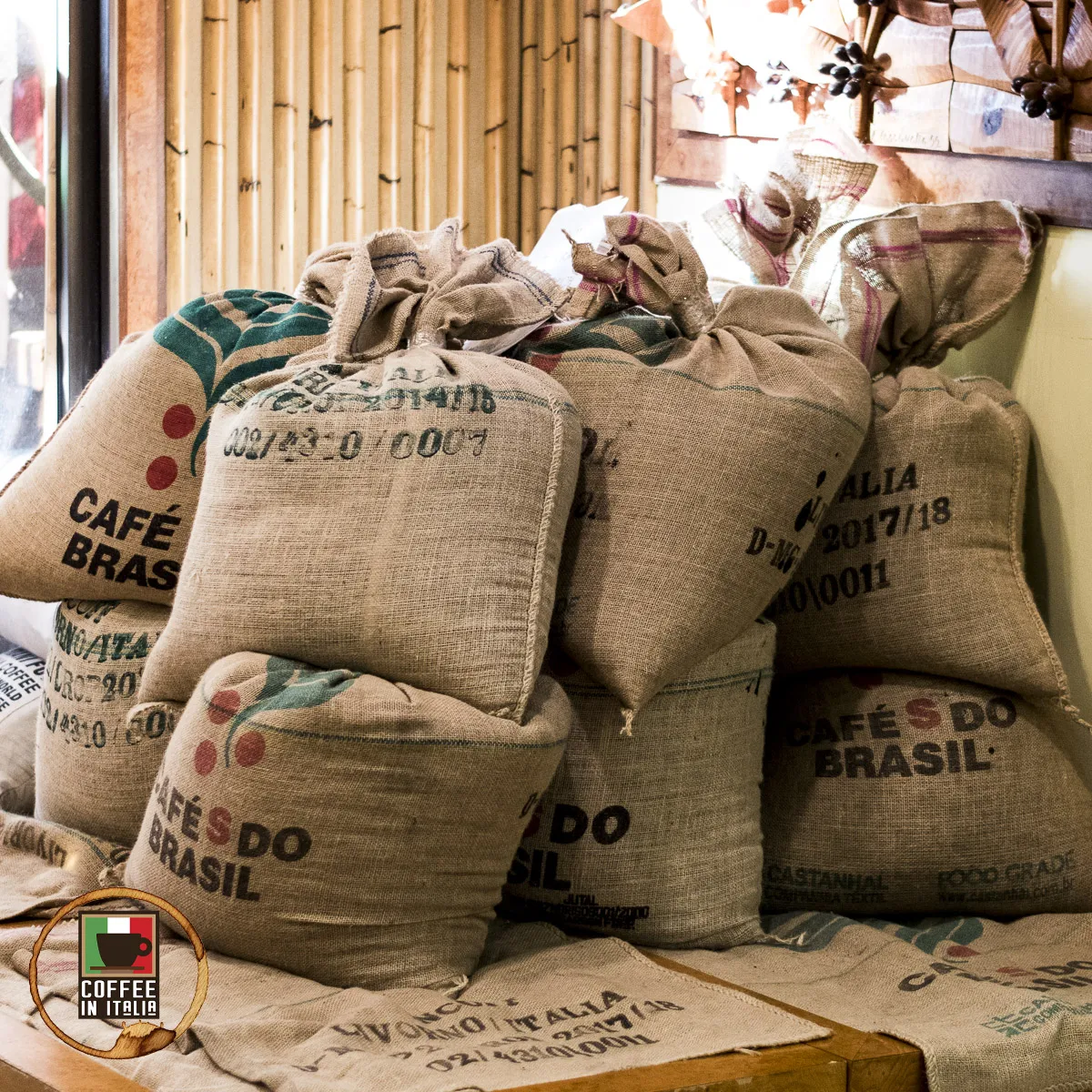
Italian coffee culture is a global phenomenon, celebrated for its distinctive blends and the art of crafting perfect espresso. Understanding the types of beans, their origins, and the rationale behind blending will deepen your appreciation for Italian coffee.
If you have read about other coffee roasters, and how they source their beans, you might notice some overlap of the countries from which the coffee originates. This is an interesting distinction to understand: There is no such thing as “Italian” coffee beans as they are imported from around the world.
The magic of Italian coffee and the related culture is how those beans are used (i.e. selected, roasted, ground, packaged and brewed) and how happy the coffee makes you!
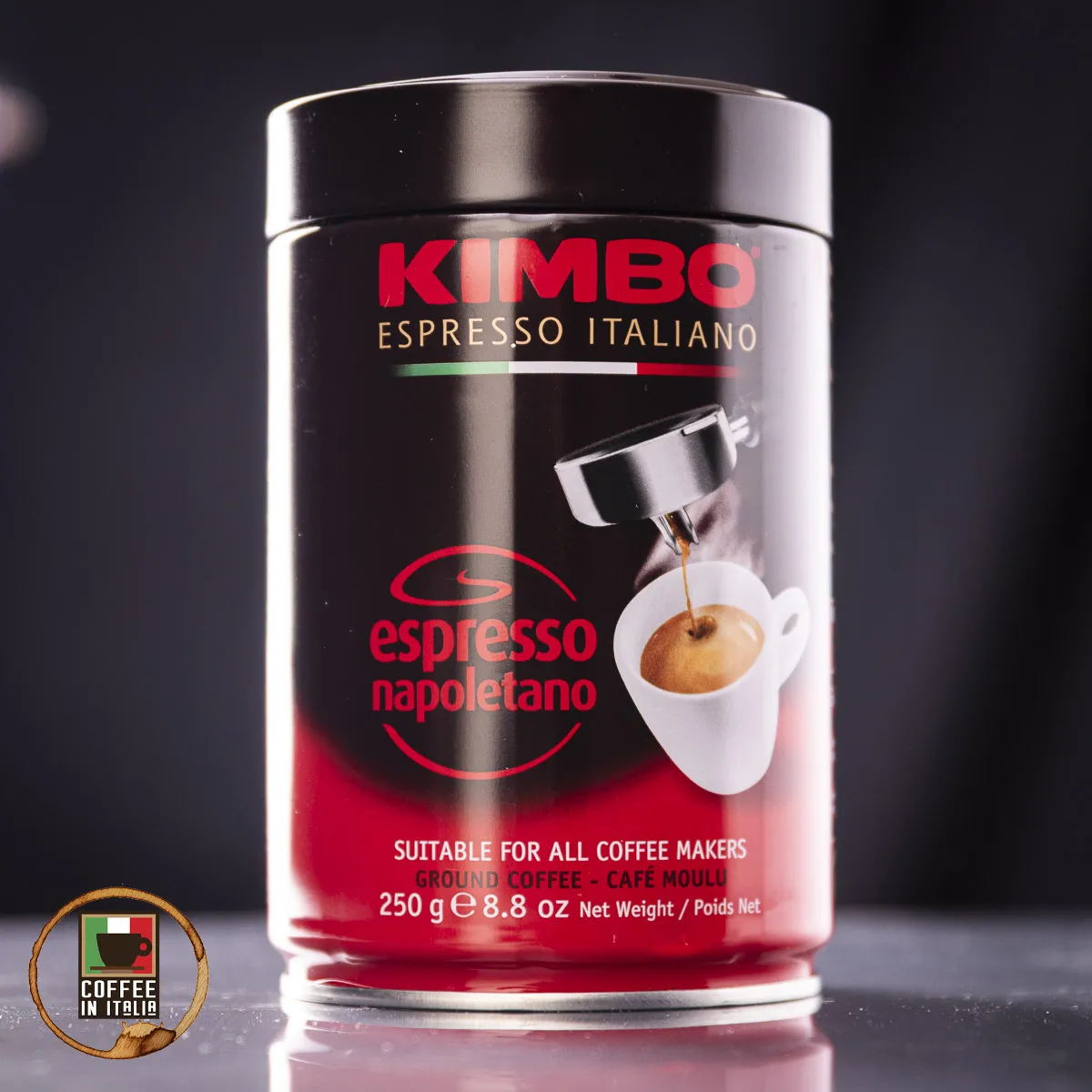
Types Of Best Italian Coffee Beans For Espresso
Italian coffee, like most others, primarily uses two main bean varieties: Arabica and Robusta.
Arabica Beans
Arabica beans are prized for their smooth and nuanced flavors, often featuring fruity or floral notes with a mild acidity. They contain lower caffeine levels and are generally sweeter due to higher sugar content.
Arabica beans are often featured in high-end, specialty coffee blends and single-origin options, offering a refined experience ideal for pour-over and espresso. It is believed to be the first species of coffee to have been cultivated and is the dominant cultivar, representing about 60% of global production.
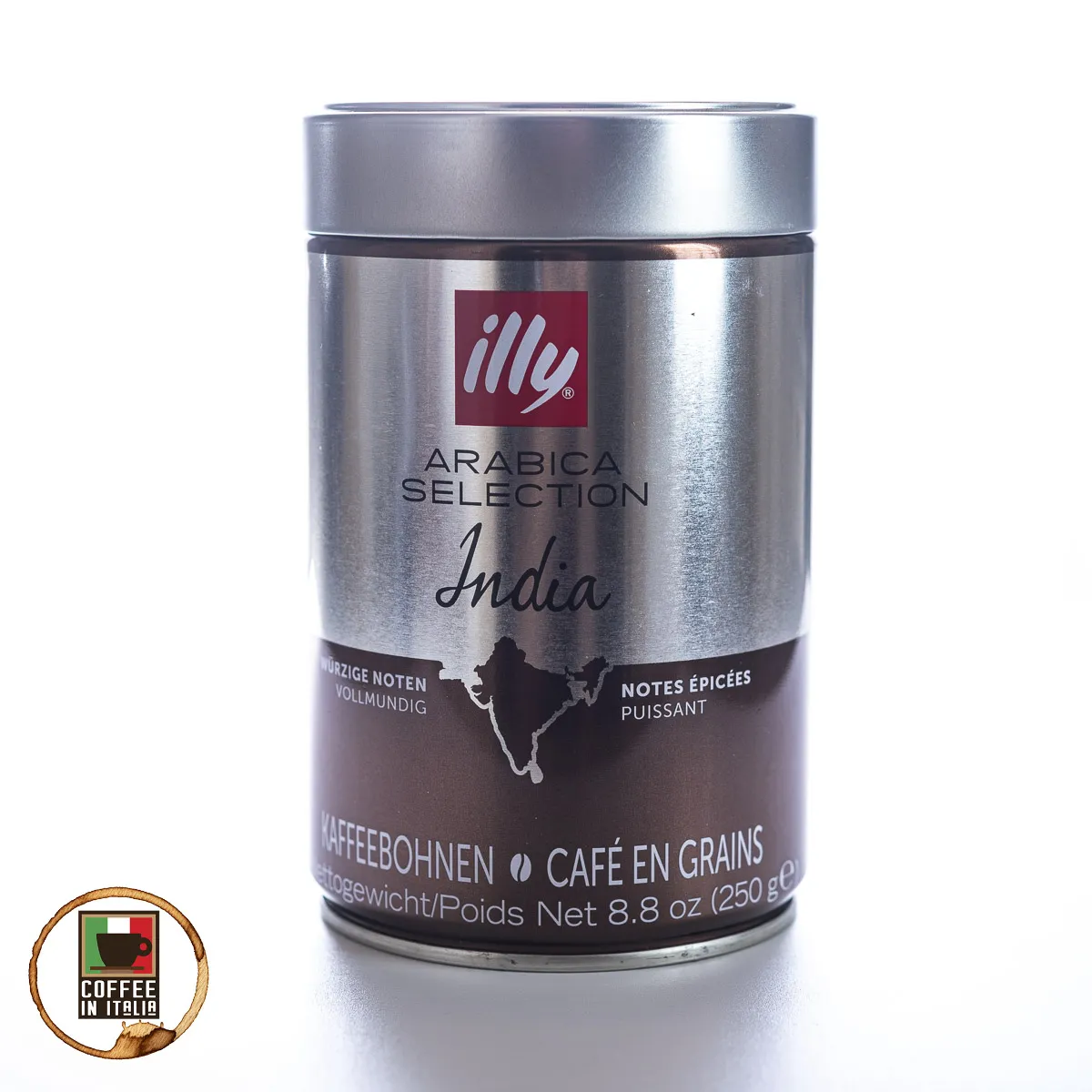
Robusta Beans
The Robusta beans have traditionally been viewed as of lower quality or “cheaper” beans, but they are equally important as Arabica beans for coffee blends that value their qualities. They are known for a bold and intense flavor with almost twice the caffeine of Arabica, giving it a stronger and more bitter taste. It also produces a thicker crema when used in espresso blends.
Robusta beans are favored for its resilience in harsher climates and their ability to add body and depth to blends, especially in a traditional Italian espresso. They represent around 40% of the global coffee production.
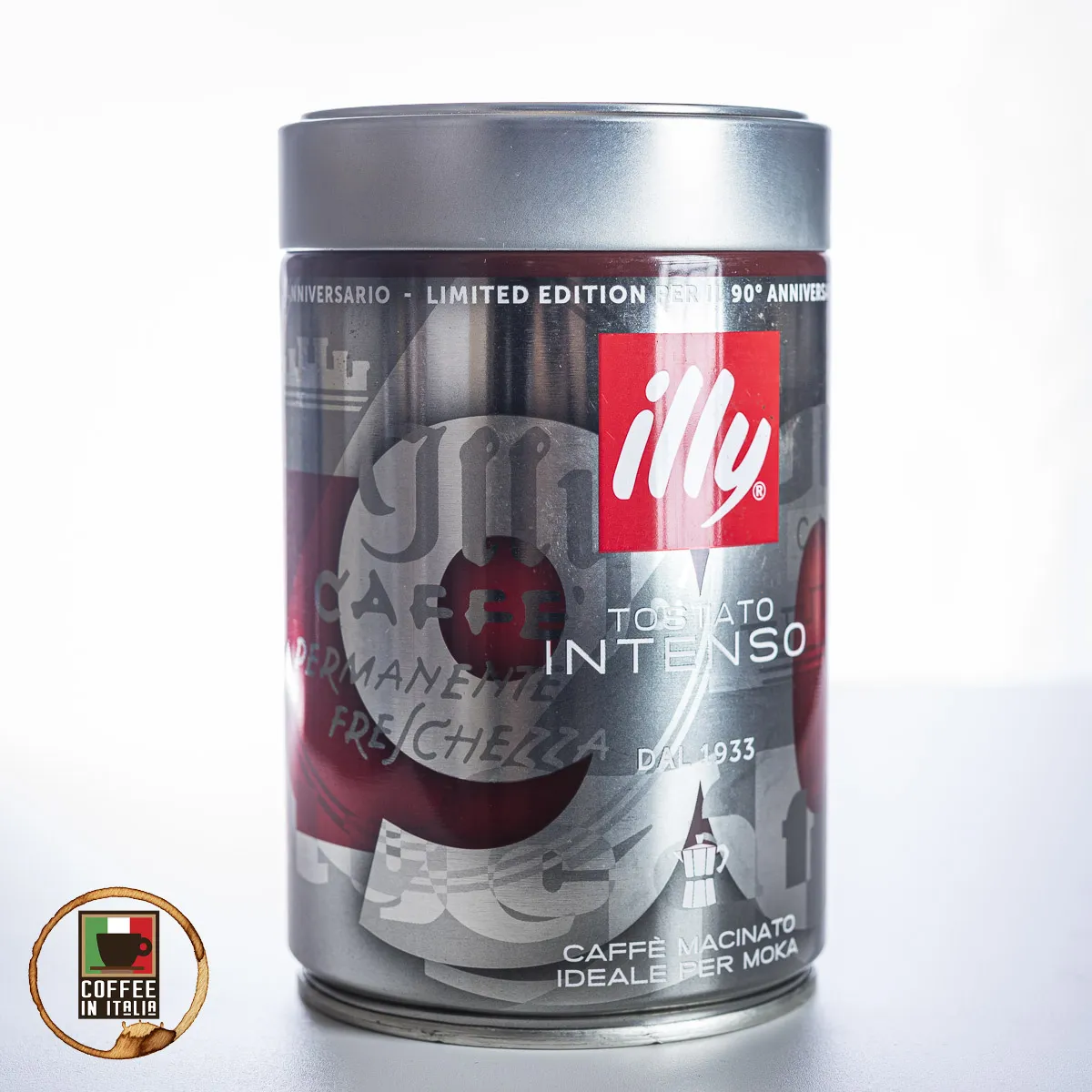
The Origins Of Italian Coffee Beans
While coffee is not grown in Italy, the country’s coffee roasters source beans from the top-producing regions worldwide:
- Arabica Beans: South America has Brazil and Colombia as major suppliers of Arabica beans used in Italian blends. Brazilian beans contribute nutty and chocolatey flavors, while Colombian beans offer bright acidity and fruity undertones. In Africa, Ethiopia is the birthplace of coffee and is another key source, providing beans with floral and citrusy notes.
- Robusta Beans: Sourcing from Asia, Vietnam is a leading producer of Robusta, known for its earthy and robust flavor profile. Indian Robusta is also highly sought after for its consistent quality and bold characteristics.
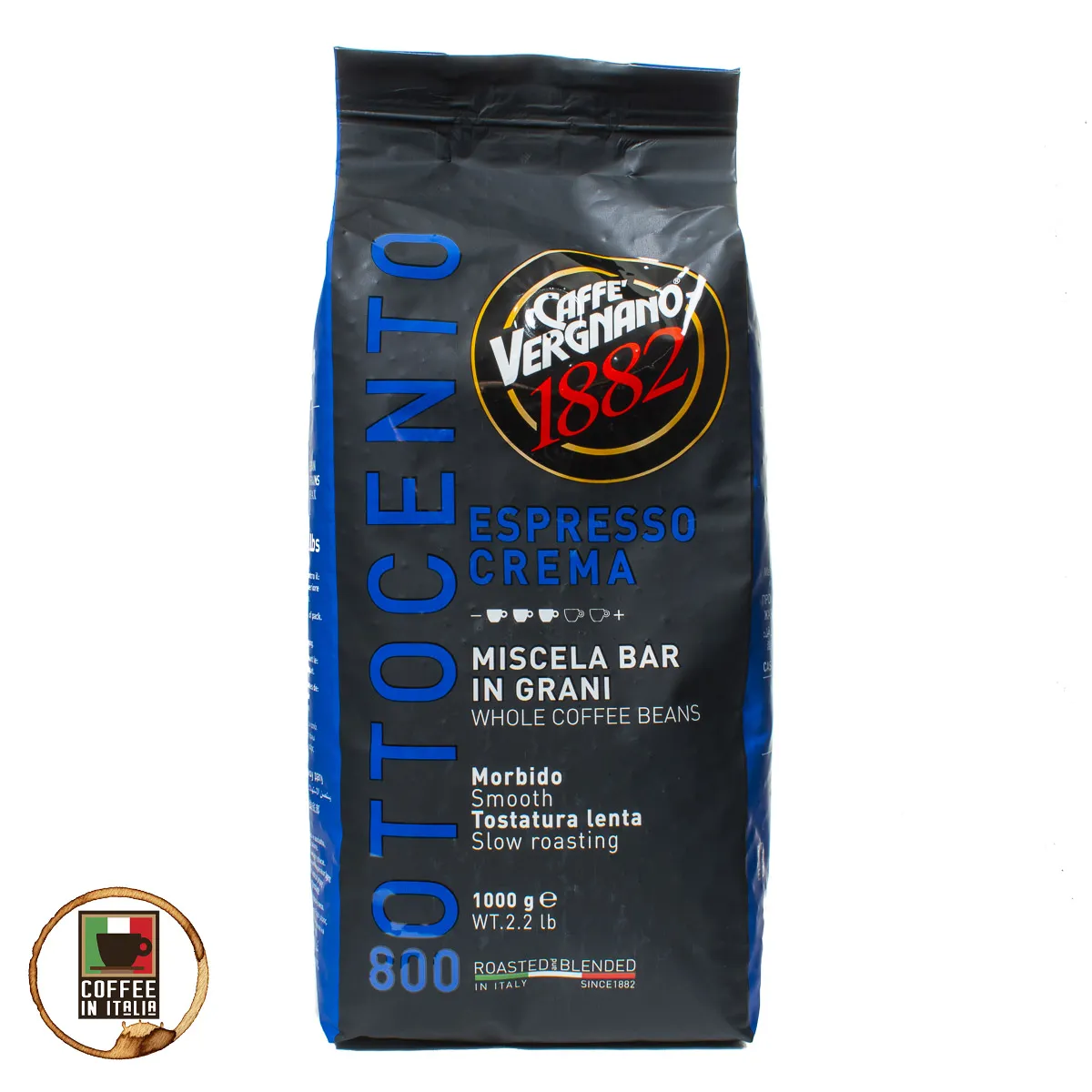
The Art Of Blending The Best Italian Espresso Coffee Beans
Blending coffee beans that are sourced from around the world is an essential aspect of Italian coffee. Most Italian coffee brands craft blends combining Arabica and Robusta beans to balance flavor, aroma, body, and crema. Here are some key considerations:
- Flavor Balance: Arabica contributes sweetness and complexity, while Robusta adds a bold, earthy flavor and strength.
- Enhanced Crema: The high oil content in Robusta produces a rich, velvety crema (i.e. the coffee foam on top), a hallmark of the best Italian espresso.
- Cost: Robusta is more affordable, allowing for cost-effective blends without sacrificing quality.
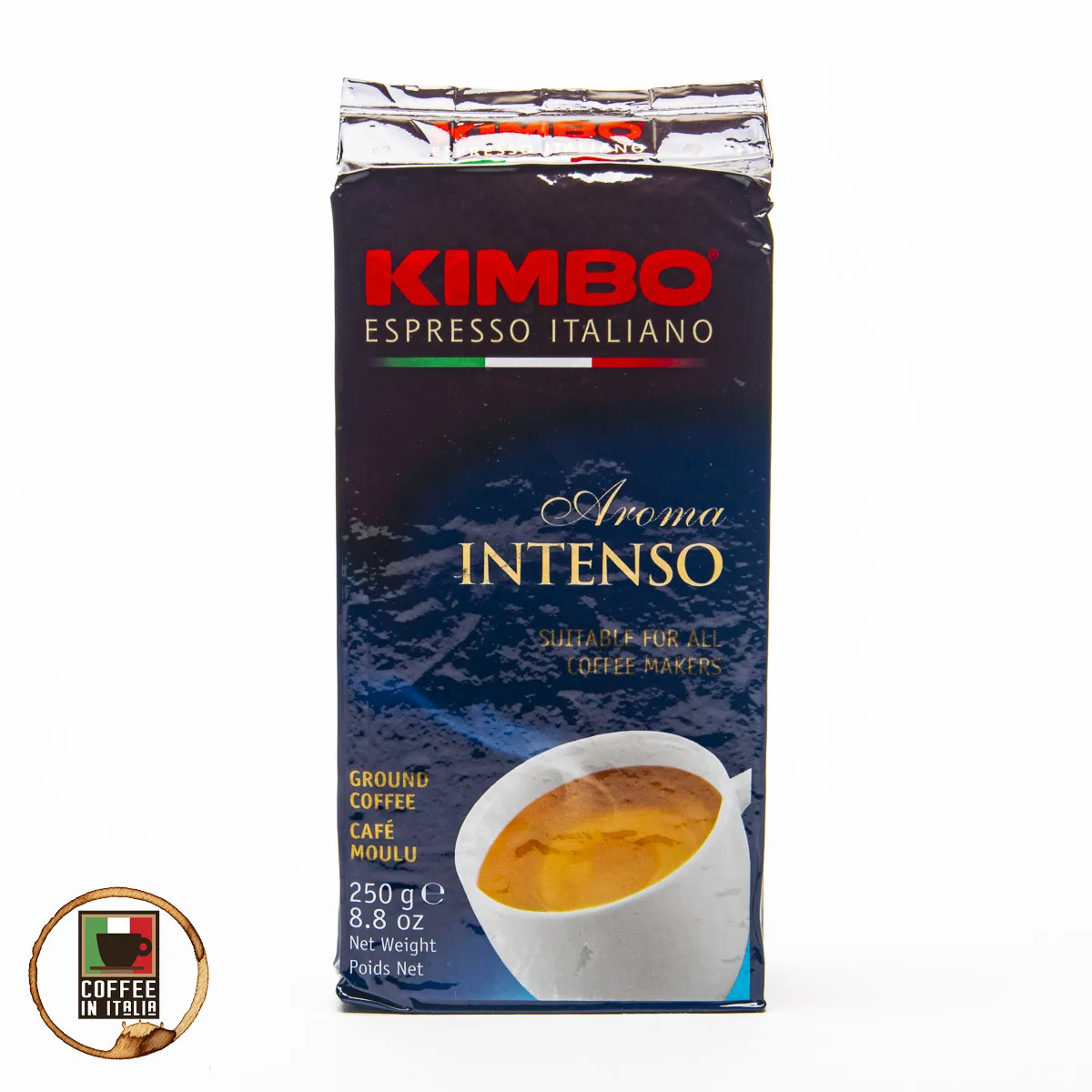
Why Italian Coffee Beans Are So Great
Italy’s coffee culture is so much more than just the beans. It includes the roasting and brewing techniques and even the machines used. Italian roasters typically prefer medium to dark roasts, which enhance the beans’ natural sweetness and reduce acidity. This approach creates a robust yet smooth flavor profile, with notes of chocolate and dark cherries, which is perfect for espresso.
Additionally, Italians expect consistency and quality. Brands invest in sourcing premium beans and refining blending techniques to deliver a superior cup of coffee, whether enjoyed in a bustling café or at home.
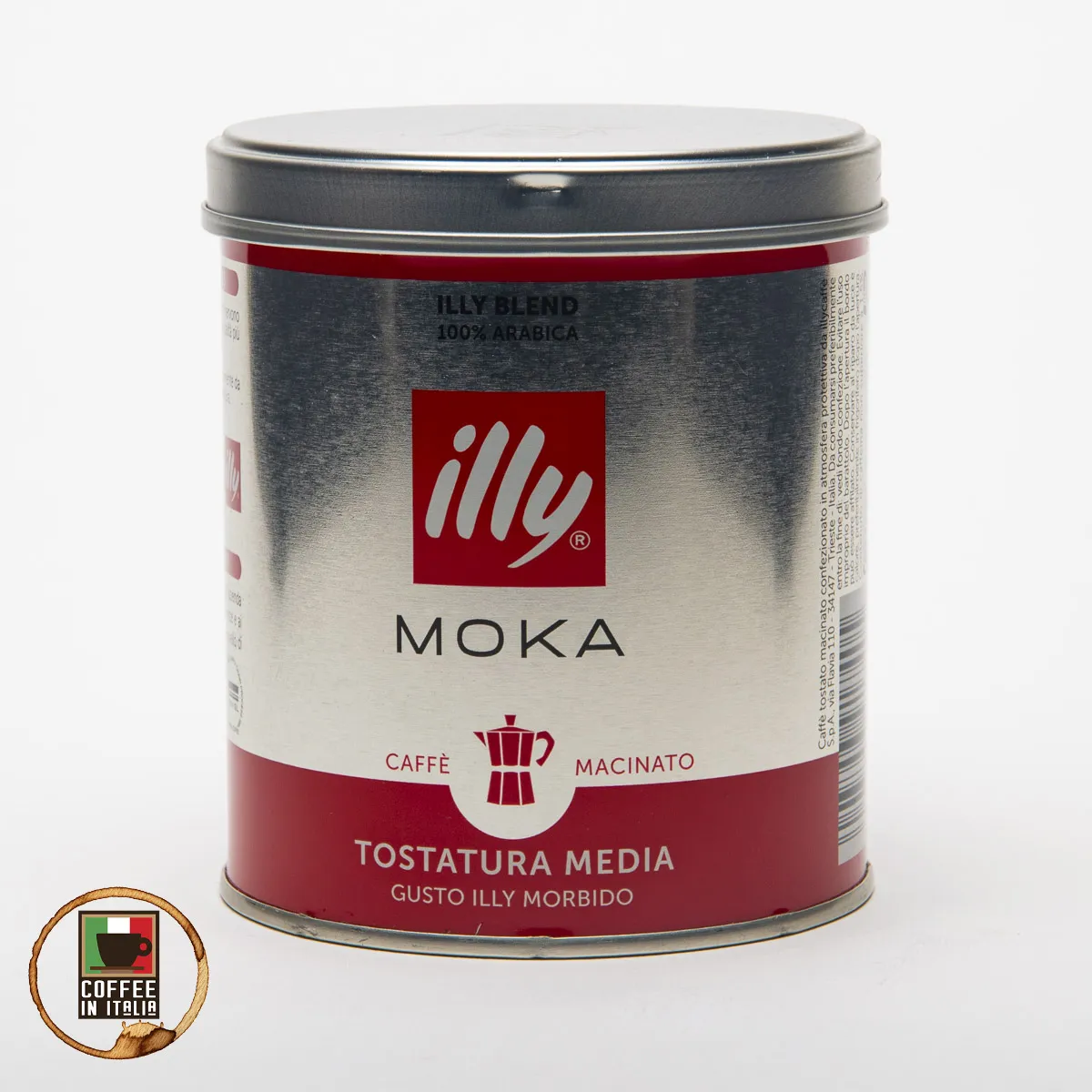
More On The Best Italian Coffee Beans For Espresso
Italian coffee beans and blends offer an unmatched experience rooted in tradition and innovation. Whether you prefer the fruity elegance of Arabica or the robust strength of Robusta, Italian roasters have mastered the art of creating exceptional coffee for every palate.
From renowned brands to artisanal producers, the world of Italian coffee awaits exploration and if you would like to read more about the best Italian coffee, check out some of these articles:
- What Is The Best Italian Coffee? A Comprehensive Guide.
- Your Complete Guide To What Coffee Is Popular In Italy.
- Authentic illy Italian Coffee For Your Espresso Experience.
- Why Drinking Lavazza Italian Coffee At Home Is A Must.
- Discovering Kimbo Italian Coffee Is Amazingly Delicious.
- What Coffee Do Italians Drink When Nobody Is Looking?
- Where Do Italians Get Their Coffee In The Morning?
- Is A Cappuccino Or Espresso A Sustainable Coffee?
- Coffee Packaging Options For Making Italian Coffee at Home.


